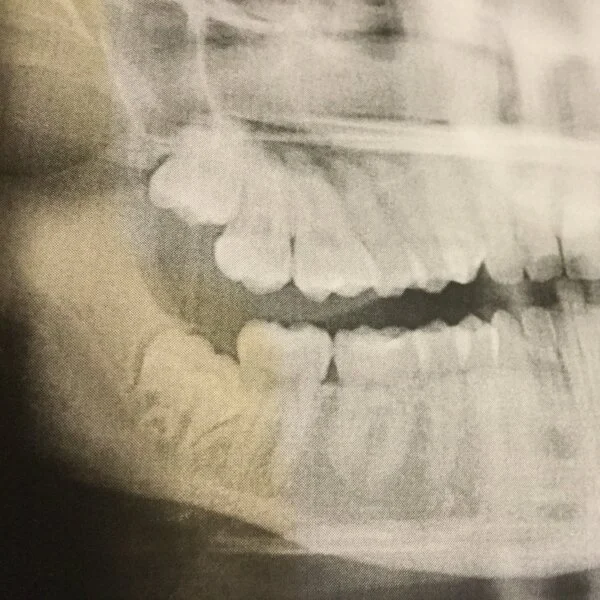Older Teens and Dental Care
In our last blog, we talked about young teens and some of their dental considerations. This week, we’re looking at the problems older teens face with dental care. As parents exert less control over teens, and these old children/young adults wrap up the business of being a kid and launch into adulthood, new dental problems can emerge.
Smoking and substance use
Smoking, drinking, and experimental drug use are all hard on oral hygiene. These range from staining through tobacco use to full-blown meth mouth. The suffering these kids endure as a result of poor choices can continue to plague them in later years due to dental disease and tooth loss.
Smoking can affect overall health, which affects the mouth along with many other body systems as it reduces blood flow in general, something teeth and gums need in good supply.
Eating disorders
Eating disorders can affect younger teens, but the results of conditions such as binging, bulimia, anorexia, and others will begin to severely affect older teens. Bad breath, decay from tooth enamel eroded by bile due to vomiting, swelling of gums, tooth sensitivity and soft tissue damage are just a few of the oral issues which teens with eating disorders can suffer. These can manifest themselves within six months of the onset of the disease. In fact, in many cases, it’s the family dentist, rather than the doctor, who notices these signs and recognizes there is a problem.
Mouth jewelry
Mouth jewelry, popular among teenagers, can be hard on teeth due to the metal hitting the teeth. Also, since the mouth contains an angry swarm of bacteria, it’s easy for piercings to become infected, which can lead to more severe complications. If a teen wants to look cool, a fun new hair color is a better option than mouth jewelry.
Bruxism
Older teens have many new stressors in their lives, and as a result, can begin grinding their teeth. When a teenager finds themselves at odds with parents, he or she may grind their teeth out of frustration and anger. Grinding can lead to damaged enamel, cracked teeth, headaches or earaches. A dental guard may be necessary if this happens during sleep.
Wisdom teeth can become painfully impacted and create problems for other teeth.
Wisdom teeth
Pink hair is so much more fun for older teens than infections from mouth jewelry!
Wisdom teeth can become painfully impacted and create problems for other teeth.
Wisdom teeth appear between the ages of seventeen and twenty-five. They can be quite painful, and most young people have them removed because they’re impacted, won’t fit in the mouth, or come in at an odd angle.
Before having them removed, if wisdom teeth try to break through the surface, it can be tremendously annoying. They can also cause cysts, decay or crowding of adjacent teeth. We talk more about removal here.
The best part about being a teenager is that it’s a short-term commitment, which means that it only lasts a few years, and then an entirely new set of problems will emerge.
Young people today are smarter and have more opportunities than any other in the history of the world. It’s exciting to watch our children grow into adulthood, and we hope they do so with a robust set of dental care skills which will provide them with the cornerstone of healthy teeth for the rest of their lives.
If you need a gentle, caring dental team, please call Jennifer Fineberg’s office at (623) 362-2550. We’ll give you the very best dental care we can!

